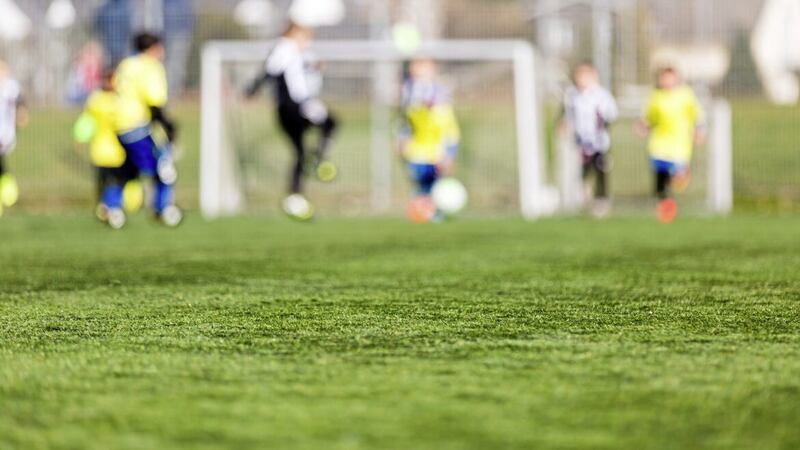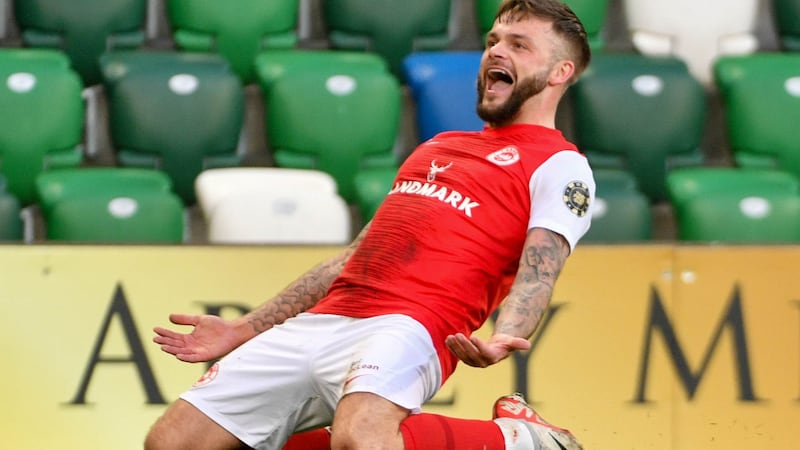DURING the 2002 World Cup finals, I marvelled at Denilson, one of the last authentic wingers of modern football. He couldn’t command a starting place in Luiz Felipe Scolari’s starting line-up but he would often be used as a second half substitute in games.
For all his sublime step-overs and unpredictability, it was entirely understandable why Denilson couldn’t get into Brazil’s starting line-up as they already had the three Rs – Ronaldo, Rivaldo and Ronaldinho.
They also had gorgeous width in the team with flying full-backs Cafu and Roberto Carlos on each flank.
Although he signed for Spanish La Liga club Real Betis in 1998 for a then world record fee of £21.5m, Denilson’s name would rarely breach conversations of world greats. But there was something pure about his ability, the kind of which a coach would be best leaving untouched.
Nowadays, there is no such thing as a player’s natural ability being left untouched. The coach, it seems, always has to intervene – mould, cajole, change – because today’s game is all about the coach and not enough about the various skill sets a player can bring to the table.
The coach must, at all times, carry the prescription to win a game.
It must reflect their tactical outlook. Lots of coaches like to see players pass from back to front because it has the coach’s imprint on it, whereas the dribbler owns the copyright. Not the coach.
When they unlock a defence by standing a defender up and having the imagination and courage to beat them in implausibly small pockets of space, the game's canvas changes.
Of course, while this column is a lament of the lack of true dribbling talents in the game, they are not the be-all and end-all. All good teams need balance.
Roy Keane, for instance, has occasionally spoken about how limited a player he felt he was in his heyday; he didn’t have the quick feet to be anything other than what he was. The Cork man’s greatest strength was realising what he could and couldn’t do on the pitch.
His game was simplicity itself. Even when the Irish media would be allowed 15 minutes of access to Republic of Ireland’s training sessions, either at the start or end, Keane would be gallivanting all over the pitch, but every pass would be simple. Five yards. Ten yards. Fascinating to watch.
Sometimes the passes lacked ambition but the ball always reached its intended target. Among other things, Keane’s passing consistency made him a brilliant player.
Greatness comes in different forms.
But it was players like Zidane, Messi, Neymar and Iniesta who possessed that uncoachable quality to break defensive lines with one drop of the shoulder and who held onto that steadfast belief that there is always space to exploit.
If it’s accepted that the ability to dribble is essential to creating chances and scoring goals, why are there not more skilled artisans being produced by the prevailing coaching habits of the day?
Obviously, the absence of street football is a major factor. That’s where kids really learned their trade, their first touch and how to be creative.
Nowadays, kids are ferried to 4G pitches once or twice a week and they don’t spend half as much time as previous generations did on playing and learning the game.
I coach at underage level. Every day is a school day.
You encounter different teams and coaches every week. Quite a number of them you learn good things off while others teach you how not to do things.
What I haven’t seen nearly enough of since being involved is self-expression on the pitch. Sometimes the coach is too present in games. Sometimes there are too many instructions being issued to kids.
Sometimes it’s all about the coach and their desire to win games rather than develop young individuals within a team framework.
It’s easy to be drawn into this kind of mind-set of winning small-sided games at all costs, but it doesn’t serve the players well.
Last week, I watched a game where a coach disallowed a perfectly good goal of the opposition’s in the latter stages.
I can only assume that they were protecting some long-running, desperately important unbeaten run that is recorded only in his and the minds of the kids' parents, and by extension, the kids themselves.
Meanwhile, all other aspects of player development are lost in the pursuit of victory. As a consequence, so many young players are constantly being coached the wrong option because their coach mistakes these small-sided games for the World Cup finals.
We had a child in our team who used to kick the ball away every time it came near them.
How do you fall in love with a game if the first thing you think about doing is getting rid of the ball?
I’ve two simple instructions for that child now: dribble and shoot. As time passes, they’ll learn more about decision-making and other aspects of the game.
But, for now, it’s about establishing self-expression and believing in the infinite possibilities of what you can do with a football.
I’ve noticed some coaches get a kick out of lovely flowing passing moves from one end of the pitch to the other. And they have every right to because it’s what they worked on in training. And that’s grand.
But nothing should be to the detriment of encouraging a young player to dribble with the ball.
They can learn about passing moves later in their development because once the window of opportunity shuts, those most elemental skills are gone forever.
When a player grows up, they should have many footballing instincts - not just the ability to see a pass, or safely recycling the ball, or just generally impersonating their team-mates and being over-coached.
Because, when you can dribble, you can do anything on a football pitch.








